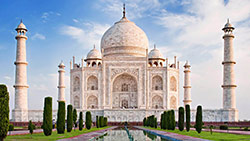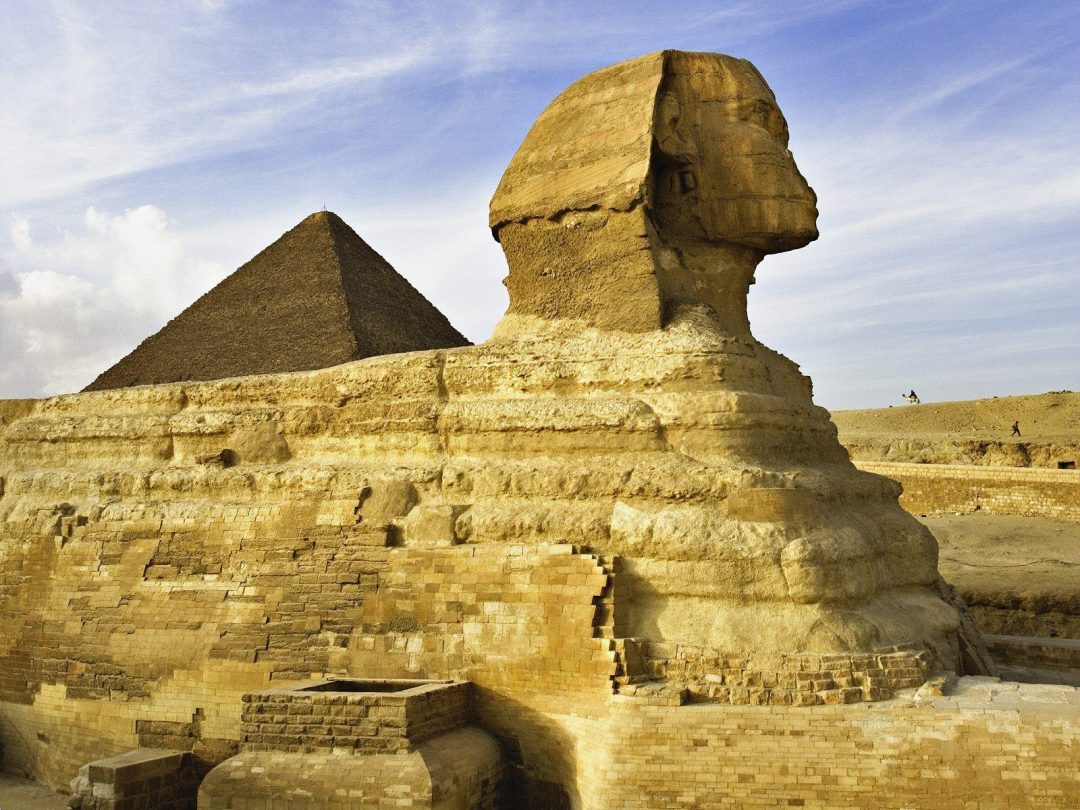- Global citiesAfricaAmericaAsiaEuropeOceania





- News
- Analysis
- Int. Corridors
- Mega Projects
- Statistics
- Global citiesAfricaAmericaAsiaEuropeOceania





- News
- Analysis
- Int. Corridors
- Mega Projects
- Statistics











Cairo
Egyptian pound
110 m
Cairo, Alexandria, Giza, New Cairo , Suez
Egypt, a land of ancient wonders and contemporary growth, is a significant player in the global economy. A member of the G20, Egypt’s economy is a powerful force that extends to a diverse range of sectors, including finance, transport, tourism, and energy. Its strategic location on the Suez Canal, a vital global trade route, continues to be a source of strength for the nation. In addition to its strategic location, Egypt boasts considerable oil and gas reserves, contributing to its status as a significant player in the international energy market. With its rich history, diverse economy, and strategic location, Egypt has emerged as an important influence in the region and is set to continue on a path of growth and innovation in the years to come.
Egypt, officially known as the Arab Republic of Egypt, is a country located in North Africa. With a rich and ancient history that spans over thousands of years, Egypt has become a popular destination for tourists from all around the world.
One of the main attractions of Egypt is its ancient history. The country is home to some of the world’s most famous historical sites, such as the Great Pyramids of Giza, the Sphinx, and the Valley of the Kings. These archaeological wonders attract millions of visitors each year who come to marvel at their grandeur and learn about Egypt’s fascinating past.
In addition to its historical significance, Egypt also boasts a thriving economy. The country’s oil and gas reserves have played a crucial role in boosting its revenue and attracting foreign investment. The exploration and production of these natural resources have contributed significantly to Egypt’s economic growth. Egypt’s strategic location derives from the Suez Canal, which sits in the northeast portion of the country and connects the Mediterranean Sea and Red Sea.
Another key sector that drives Egypt’s economy is agriculture. The fertile lands along the Nile River provide ideal conditions for farming, making agriculture a major contributor to the country’s GDP. The agricultural sector not only sustains domestic food production but also plays a vital role in exporting various crops such as cotton, fruits, and vegetables.
Egypt’s strategic location is another factor that contributes to its economic importance. The Suez Canal, which connects the Mediterranean Sea to the Red Sea, allows for the movement of about 40 percent of worldwide maritime trade. This vital waterway has made Egypt a crucial hub for international trade and has greatly benefited its economy.
Furthermore, Egypt’s robust economy is diversified across various sectors. Apart from oil and gas reserves and agriculture, tourism also plays a significant role in generating revenue for the country. With its rich cultural heritage and stunning landscapes, Egypt attracts tourists who contribute to its economic growth through spending on accommodations, transportation, and local businesses.
The largest cities in Egypt are Cairo and Alexandria (Eskandria), both located in the northern portion of the country. These cities serve as major centers for commerce, agriculture, and transportation due to their proximity to important waterways like the Suez Canal and the Nile River. Additionally, many other cities along these routes also play essential roles in supporting regional development.
In conclusion, Egypt offers a unique blend of ancient history, natural resources, strategic location, diverse sectors like oil and fossil energy production, agriculture-driven by Nile river irrigation system mass tourism industry contributing significantly to its robust economy. Its cities act as vital hubs for commerce and transport within the region while showcasing their historical significance alongside modern developments
